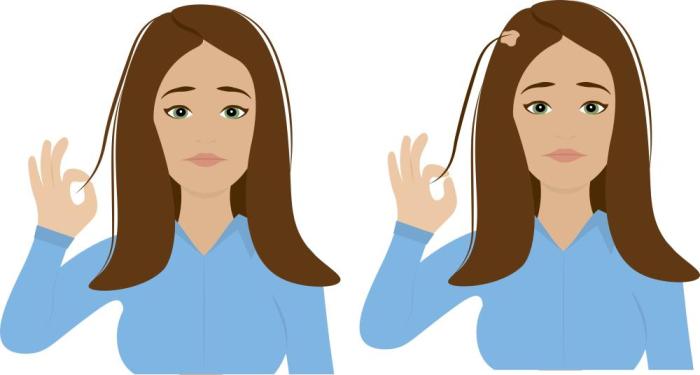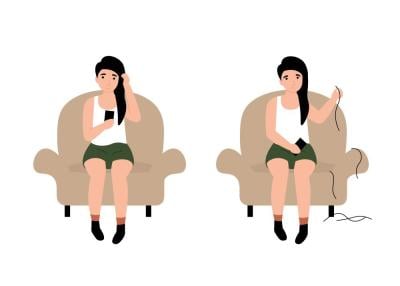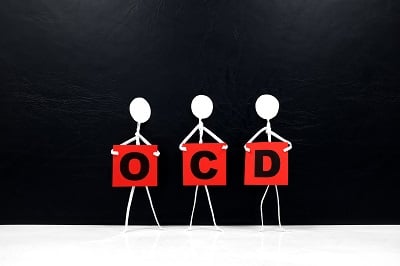fMRI Response Inhibition Training Project
• age between 18 and 60
• moderate level of OCRD symptoms
• a primary diagnosis of OCRD
• Estimated IQ > 80
• presence of a significant Response Inhibition deficits
• Access to a computer/laptop with high-speed internet and Google Chrome or a compatible web browser
• English as a primary language
• Current substance use disorder
• Severe ADHD
• Current psychotherapy or plans to engage in psychotherapy over the course of study participation
• Change in psychotropic medication status within 8 weeks before the study or during the study participation
• Use of stimulant medication, including the following:
- Ferrous metal or implants in body
- Braces or permanent retainer
- Pregnant
- History of neurological disorder or injury (e.g., seizures, migraines, tumor, chemotherapy, multiple sclerosis, movement disorder)
- Claustrophobia
- Unable to lie still for up to 2 hours
- Eye problems or difficulties with corrected vision (necessary for viewing tasks in scanner)
Our study is only for the US audience as there are some in person components in Milwaukee Wisconsin
The UWM Anxiety Disorder Lab and the UWM Affective Neuroscience Lab are currently testing computer-based treatment programs designed to help adults (aged 18-60) suffering from problematic repetitive behaviors. This research is conducted by the University of Wisconsin-Milwaukee and is funded by the National Institutes of Mental Health. Study procedures will be completed through at home computer-based training programs/assessments as well as assessments and brain imaging tasks at the Medical College of Wisconsin over the course of 8-15 weeks.









